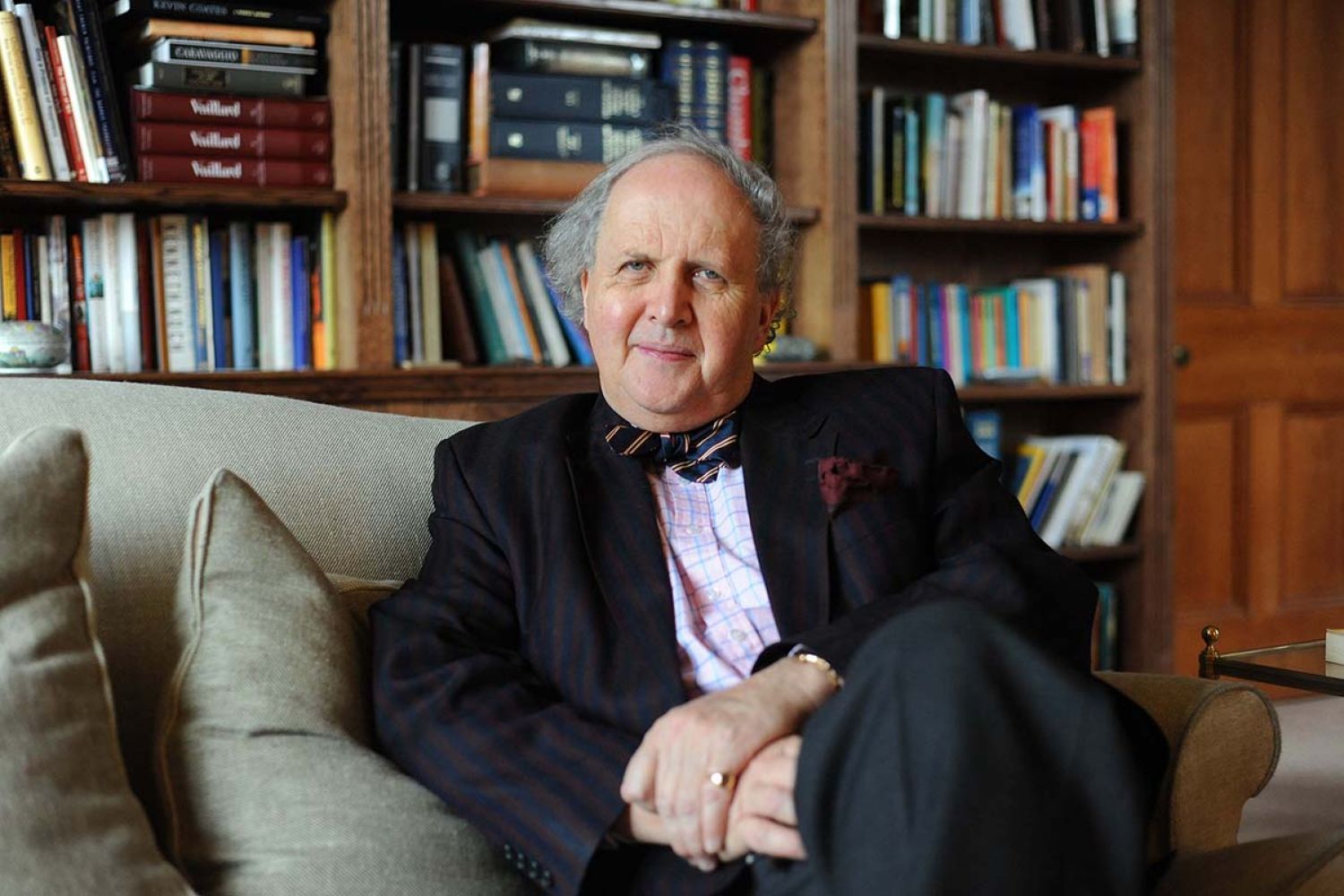
Like most readers, I
first encountered Alexander McCall Smith through his wildly successful No.
1 Ladies’ Detective Agency series. Since then, I have devoured his
writing, but with more than 80 novels to his name, McCall Smith tends to write
faster than one can read. When I was asked to interview him at The
Hindu LFL 2016 literary festival, I was intimidated by the prospect.
Not unexpectedly, I found him as pleasant, considerate, thoughtful, generous,
and funny as many of his charact
Continue reading “I am not a politically engaged writer”
Read this story with a subscription.





